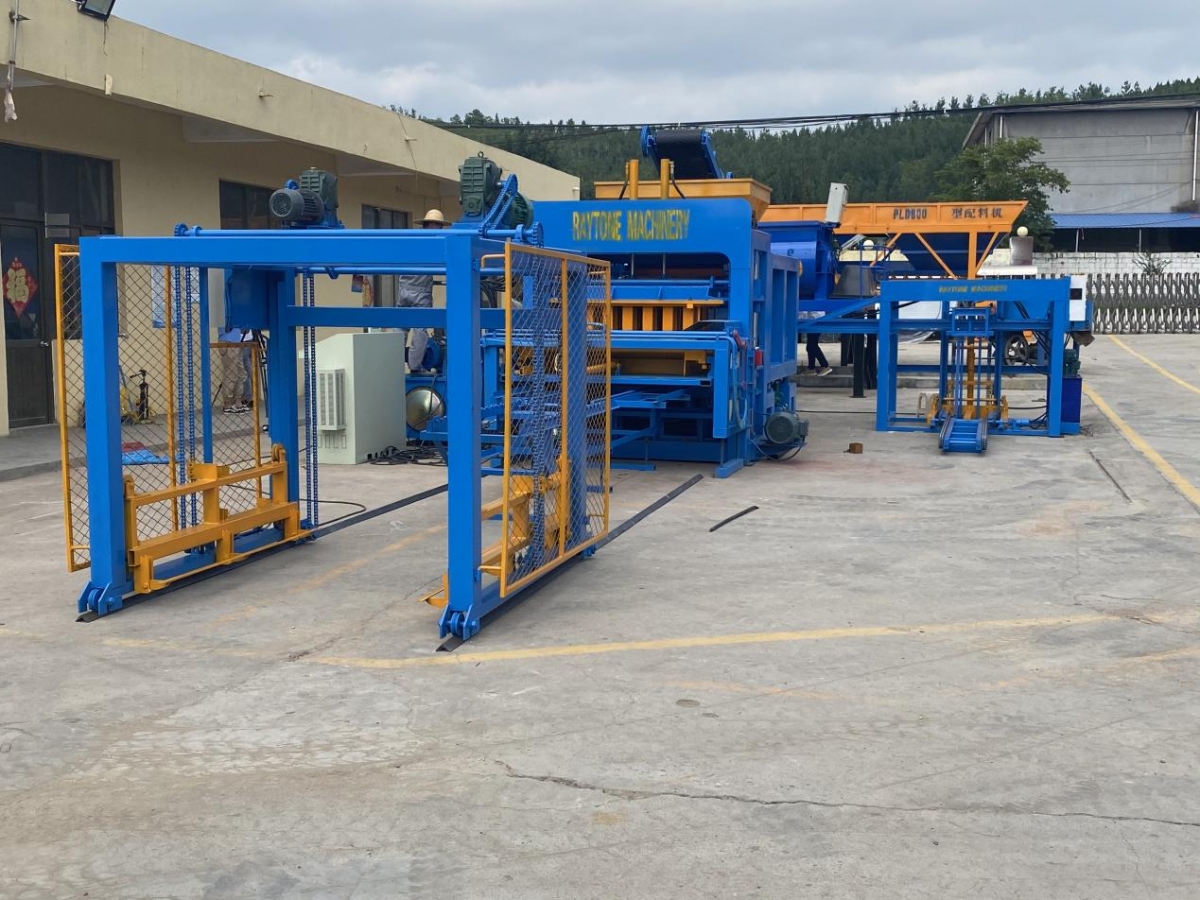- 28
- Feb
How does the block making machine produce a smooth surface on the blocks?
RAYTONE is a leading manufacturer of block making machines, providing high-quality and efficient solutions for all your construction needs. With years of experience in the industry, we have built a solid reputation for delivering reliable and durable machines that meet the highest standards of quality and performance. Our block making machines are designed to meet the diverse needs of our customers, from small-scale DIY projects to large commercial construction projects. Our machines are engineered with advanced technology and innovative features, making them efficient, easy to use, and highly customizable.
At our company, we have a team of experienced and skilled engineers who continuously work towards improving our machines and developing new models to meet the ever-changing demands of the construction industry. We use only the best quality materials and components to ensure the durability and longevity of our machines.
Our range of block making machines includes manual, semi-automatic, and fully automatic models. Each machine is designed to produce high-quality blocks of various sizes, shapes, and textures, allowing you to create different types of structures. Our machines are also equipped with features such as vibration system, hydraulic system, and control panel for precise and efficient operation.In addition to block making machines, we also offer a wide range of accessories and spare parts to ensure the smooth operation of your machines. Our after-sales service team is always available to provide technical support and assistance, ensuring the continuous operation of your machine.
With our commitment to delivering the best quality products and services, our block making machines have been exported to numerous countries around the world. Whether you are looking to start a small construction business or looking to upgrade your equipment, our company has the perfect block making machine for you. Contact us today to learn more about our products and how we can help you achieve your construction goals.
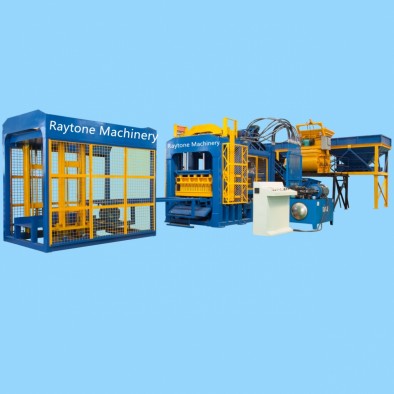
Craftsmanship and technology have often been viewed as opposing forces, with one valuing handiwork and the other prioritizing efficiency. However, in our block machine, we have found the perfect balance between the two. Our machine embodies the principles of traditional craftsmanship, utilizing precision engineering and expert manual labor, while also incorporating cutting-edge technology for enhanced productivity and quality control.
Our block making machines are the perfect solution for your construction needs. Durable and reliable, these machines guarantee consistent and high-quality results every time. Made with top-quality materials and advanced technology, they are designed to withstand heavy use and harsh conditions, making them the dependable choice for all your block making needs. Whether you’re building homes, commercial spaces or roads, our machines will provide you with efficient and precise results, ensuring your projects are completed on time and to the highest standards. Trust in our block making machines for a solid and reliable foundation for your construction projects.
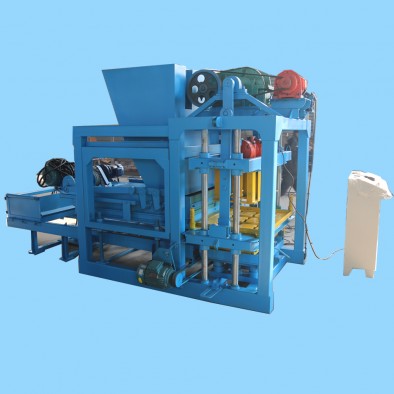
Block making machine, also known as brick making machine, is a device that produces concrete blocks or bricks in various shapes and sizes. It plays an important role in the construction industry by providing a cost-effective and efficient solution for producing building materials. With the advancement of technology and the increasing demand for sustainable building materials, block making machines have evolved to become more versatile and eco-friendly. In this article, we will delve deeper into the functionalities and benefits of block making machines and explore how they have revolutionized the way we build structures.
2.What is the process of transporting the blocks from the machine to the curing area?
3.Can a block making machine be used for multiple shifts or continuous production?
4.What safety measures should be taken while operating a block making machine?
5.What is the cost of purchasing and operating a block making machine?
6.Can a block making machine create different types of blocks?
7.Can a block making machine be used for large-scale production?
8.What materials can be used in a block making machine?
1.What quality control measures are in place during the production process of a block making machine?
1. Raw Material Inspection: The first step in the production process is to inspect the quality of the raw materials used in making the block making machine. This includes checking the dimensions, strength, and durability of materials such as steel, cement, sand, and aggregates.
2. Machine Calibration: Before starting the production process, the block making machine is calibrated to ensure that it is functioning properly and producing blocks of the desired size and shape.
3. Regular Maintenance: The machine is regularly maintained and serviced to ensure that it is in good working condition. This includes checking and replacing any worn-out parts, lubricating moving parts, and cleaning the machine.
4. Quality Control Checks: Throughout the production process, quality control checks are conducted to ensure that the blocks being produced meet the required standards. This includes checking the dimensions, strength, and density of the blocks.
5. Testing of Blocks: Samples of blocks are periodically taken from the production line and tested for strength and durability. This helps to identify any issues with the production process and make necessary adjustments.
6. Operator Training: The operators responsible for running the block making machine are trained on the proper techniques and procedures to ensure consistent quality of the blocks being produced.
7. Documentation and Record Keeping: All quality control checks and test results are documented and kept for future reference. This helps to track any issues that may arise and make improvements to the production process.
8. Quality Management System: Many block making machine manufacturers have a quality management system in place to ensure that all processes and procedures are followed correctly and consistently.
9. Third-Party Inspections: Some manufacturers may also have third-party inspections to verify the quality of their products and ensure that they meet industry standards.
10. Customer Feedback: Customer feedback is also an important aspect of quality control. Manufacturers may gather feedback from customers to identify any issues and make necessary improvements to their production process.
2.What is the process of transporting the blocks from the machine to the curing area?
1. Cutting and shaping: The first step in the process is cutting and shaping the blocks using a block making machine. The machine will produce blocks of the desired size and shape.
2. Loading onto pallets: Once the blocks are ready, they are loaded onto wooden or plastic pallets using a forklift or crane. The number of blocks per pallet will depend on their size and weight.
3. Securing the blocks: The blocks are then secured on the pallets using straps or bands to prevent them from shifting or falling during transportation.
4. Transporting to curing area: The loaded pallets are then transported to the curing area using a forklift or pallet jack. The curing area is usually a covered space with proper ventilation and temperature control to facilitate the curing process.
5. Stacking the pallets: In the curing area, the pallets are stacked on top of each other, leaving enough space between them for air circulation. This allows the blocks to cure evenly.
6. Curing process: The blocks are left to cure for a specific period, depending on the type of block and the curing method used. During this time, the blocks will gain strength and become ready for use.
7. Unloading and storage: Once the blocks have cured, the pallets are unloaded and the blocks are stored in a designated area. They are then ready to be transported to the construction site for use.
8. Reusing pallets: The pallets used for transporting the blocks can be reused for future batches, reducing waste and cost.
9. Cleaning and maintenance: It is important to regularly clean and maintain the block making machine and the curing area to ensure the quality of the blocks and the efficiency of the process.
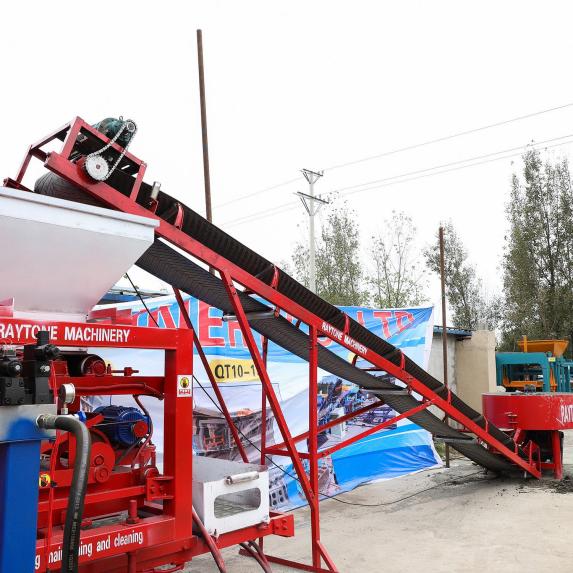
3.Can a block making machine be used for multiple shifts or continuous production?
Yes, a block making machine can be used for multiple shifts or continuous production. These machines are designed to be durable and efficient, allowing them to run for extended periods of time without needing to be shut down for maintenance or repairs. However, it is important to follow the manufacturer’s guidelines for proper usage and maintenance to ensure the longevity and optimal performance of the machine.
4.What safety measures should be taken while operating a block making machine?
1. Wear appropriate personal protective equipment (PPE) such as safety glasses, gloves, and steel-toed boots.
2. Familiarize yourself with the machine’s operating manual and follow all safety instructions.
3. Ensure that the machine is properly grounded and all electrical connections are secure.
4. Keep the work area clean and free of clutter to prevent tripping hazards.
5. Do not wear loose clothing or jewelry that could get caught in the machine.
6. Never operate the machine if you are fatigued or under the influence of drugs or alcohol.
7. Keep hands and fingers away from moving parts and always use tools or push sticks to handle materials.
8. Do not attempt to make adjustments or repairs while the machine is running.
9. Use a lockout/tagout system to prevent accidental startup or movement of the machine.
10. Regularly inspect the machine for any signs of wear or damage and perform maintenance as recommended by the manufacturer.
11. Do not overload the machine with materials beyond its capacity.
12. Keep a fire extinguisher nearby in case of emergencies.
13. If the machine becomes jammed or stuck, turn it off and unplug it before attempting to clear the blockage.
14. Always have a first aid kit on hand and know how to use it in case of injuries.
15. Train all operators on proper machine operation and safety procedures.
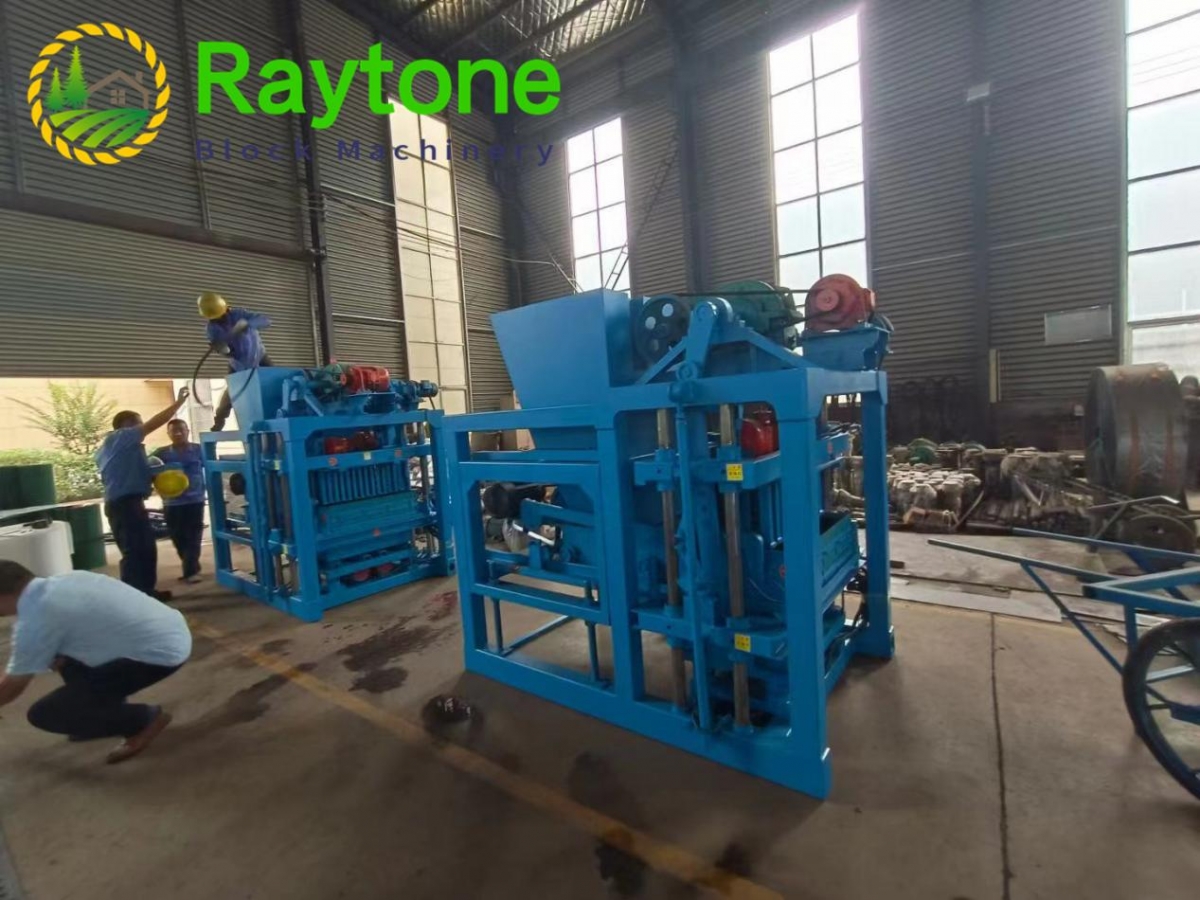
5.What is the cost of purchasing and operating a block making machine?
The cost of purchasing and operating a block making machine can vary depending on factors such as the type and size of the machine, the brand, and the location of purchase. Generally, a basic manual block making machine can cost anywhere from $1000 to $5000, while a semi-automatic or fully automatic machine can cost anywhere from $5000 to $20,000 or more.
In addition to the initial purchase cost, there are also operating costs to consider. These can include the cost of raw materials such as cement, sand, and gravel, as well as the cost of electricity, maintenance, and labor. The exact cost of operating a block making machine will depend on the production volume and efficiency of the machine.
It is important to also factor in the cost of transportation and installation of the machine, as well as any additional accessories or tools that may be needed for operation.
Overall, the cost of purchasing and operating a block making machine can range from a few thousand dollars to tens of thousands of dollars, depending on the specific machine and production needs. It is important to carefully research and compare different options to find the best fit for your budget and production requirements.
6.Can a block making machine create different types of blocks?
Yes, a block making machine can create different types of blocks by changing the mold or die used in the machine. Different molds can be used to create blocks of different shapes, sizes, and designs. Some common types of blocks that can be created using a block making machine include concrete blocks, interlocking blocks, paving blocks, hollow blocks, and solid blocks. The versatility of block making machines allows for the production of a wide range of blocks to meet various construction needs.
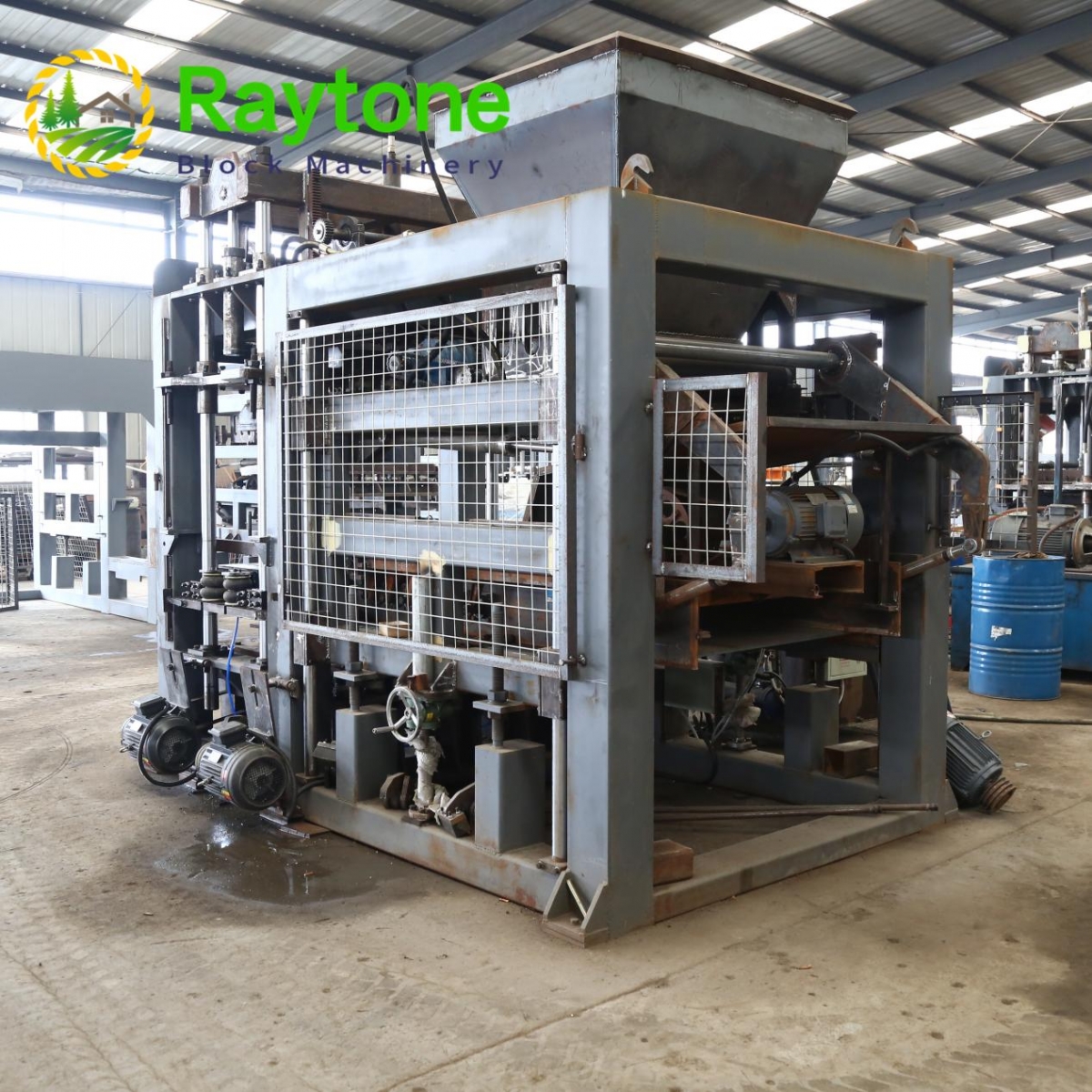
7.Can a block making machine be used for large-scale production?
Yes, a block making machine can be used for large-scale production. These machines are designed to produce a high volume of blocks in a short amount of time, making them ideal for large-scale production. They are also highly efficient and can produce consistent and high-quality blocks, making them a cost-effective option for large-scale production. Additionally, many block making machines can be customized to meet the specific needs and requirements of a large-scale production operation.
8.What materials can be used in a block making machine?
1. Concrete: This is the most commonly used material in block making machines. It is a mixture of cement, sand, gravel, and water that hardens into a strong and durable material.
2. Fly ash: This is a byproduct of coal combustion and is often used as a substitute for cement in block making. It is a cost-effective and environmentally friendly option.
3. Clay: Clay blocks are made from a mixture of clay and water, which is then compressed and fired in a kiln. They are known for their strength and durability.
4. Sand: Sand is often used as a filler material in block making. It helps to reduce the cost of production and can improve the thermal and acoustic properties of the blocks.
5. Lime: Lime is a binding agent that is often used in combination with other materials such as sand and fly ash to make blocks. It helps to improve the strength and durability of the blocks.
6. Gypsum: Gypsum is a mineral that is used as a binding agent in block making. It helps to improve the workability and strength of the blocks.
7. Plastic: Some block making machines can also use plastic as a raw material. Recycled plastic can be melted and molded into blocks, making it an environmentally friendly option.
8. Wood: In some cases, wood chips or sawdust can be used as a filler material in block making. This is a cost-effective option and can also improve the insulation properties of the blocks.
9. Glass: Crushed glass can be used as a filler material in block making. It is a sustainable option and can also improve the thermal and acoustic properties of the blocks.
10. Rubber: Some block making machines can also use rubber as a raw material. Recycled rubber can be mixed with other materials to make durable and flexible blocks.
